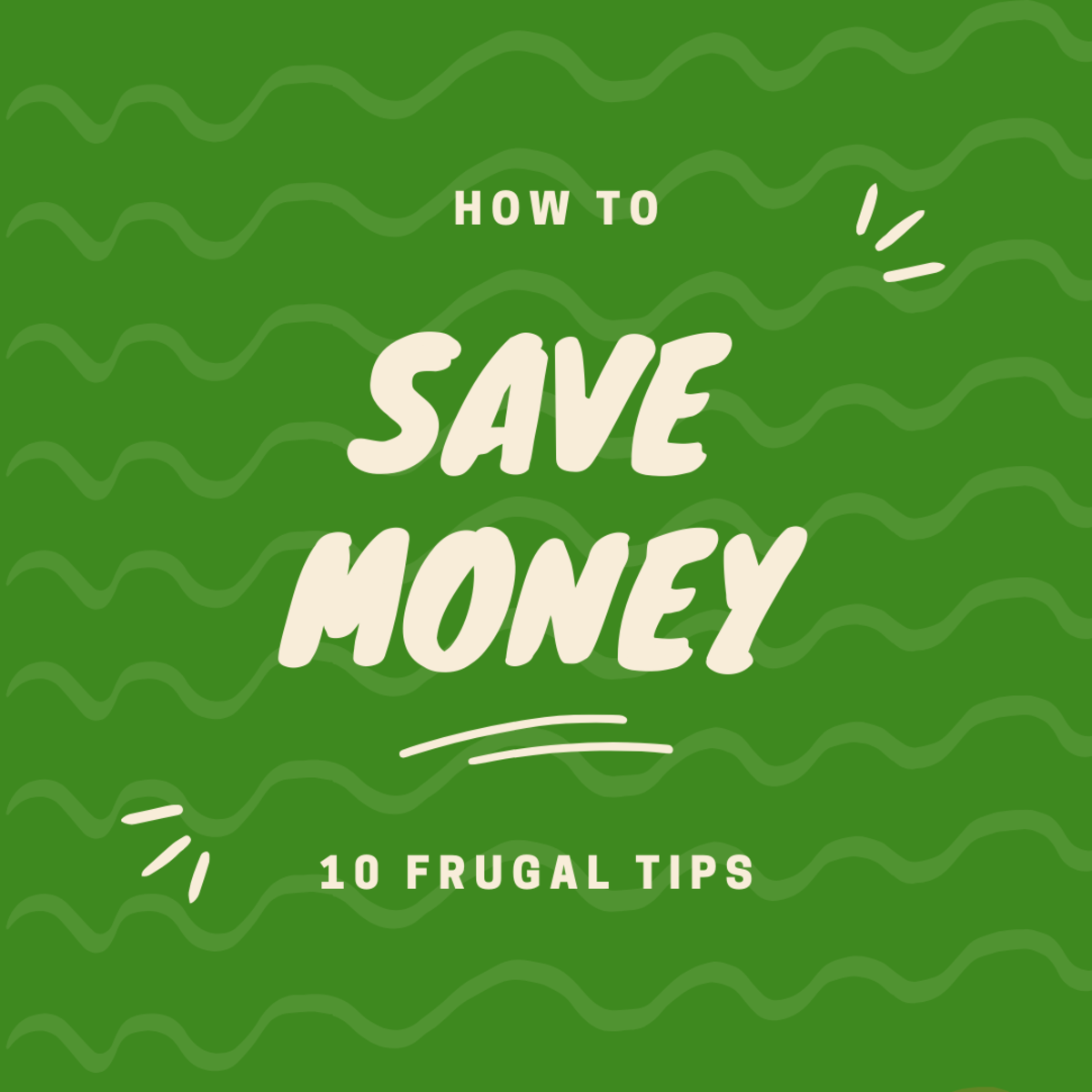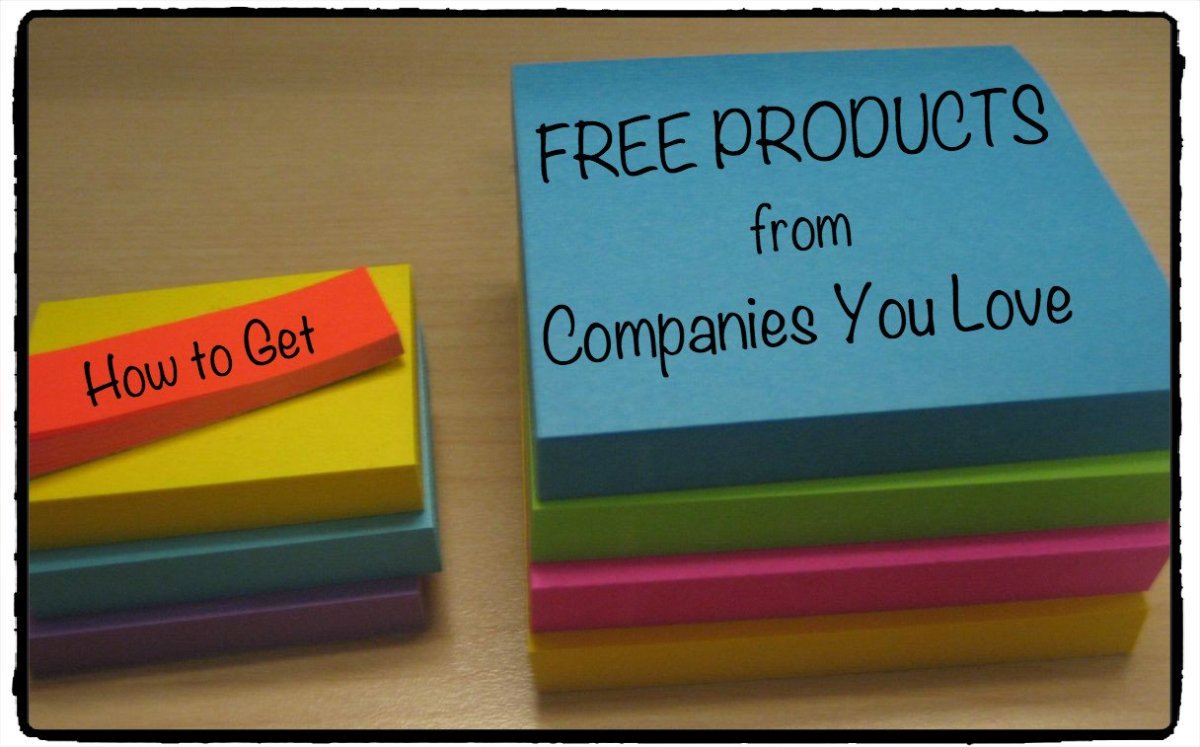How to Live on a Cash Only Basis
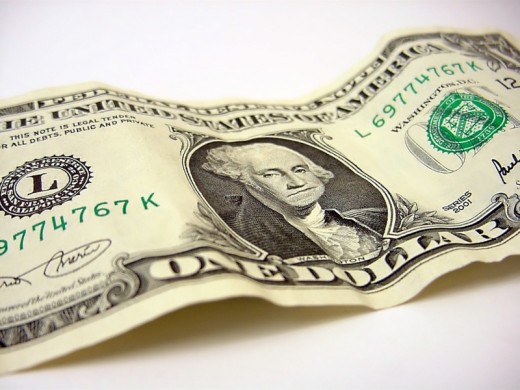
Making the Move to Cash Only
Wouldn't it be nice to live debt free and have money in the bank? If you are tired of living in debt, making the transition to a cash only lifestyle may be the answer you have been looking for. It won't wipe out your debt overnight, but it will get you on the road to personal financial recovery.
Step 1: Stop the Debt Cycle
If you carry credit cards in your wallet, you are taking temptation with you wherever you go. It is much easier to make those impulse buys when you've got plastic in your hand. If you don't think carrying a credit card balance affects your financial security, think again. Every $1,000 in credit card can add up to hundreds of dollars in interest charges.
Get the credit cards out of your wallet and out of your life. Practice some self-control. Sure, you may have to wait to buy that outfit or new pair of shoes. But when you do, that is all you will pay for. Use a credit card and you could jack up the cost of that purchase significantly.
It may be tempting to close your credit card accounts, but FICO warns against doing this unless that is the only way you can control yourself. Your credit score is based on a credit-utilization ratio. The ratio looks at your total used credit in comparison to your available credit. The higher the ratio, the lower your credit score. Closing a credit card account lowers your available credit without lowering your used credit. Your ratio is higher, your credit score is lower.
Step 2: Use a Debit Card
You don't have to give up convenience to live on a cash only basis, and you don't have to carry a huge wad of cash around either. A debit card is convenient when paying for gas, groceries and other retail items. If you have a debit card with a Visa logo you may be able to use it to make travel arrangements as well.
Be responsible when using your debit card. Keep track of your bank balance. If you have signed up for overdraft protection, you will be charged a fee when you spend more money than you have. If you don't have overdraft protection your purchases may be declined. If you have a spending problem, you should consider foregoing overdraft protection. Find out your bank's policy for overdrafts on your account. Some banks offer overdraft protection that lowers your fees, but will still approve purchases made without sufficient funds in your account.
Sign up for alerts with your bank if possible. You will be notified when your balance drops below a certain amount. Alerts will help you avoid bank fees.
Choose a bank that does not charge for using your debit card. Those fees that are tacked on at the point of purchase can add up to a significant amount of money. If you are charged a fee for using your debit card, change banks or use cash or checks whenever possible.
Find out how your bank protects you from fraudulent use of your debit card. How long do you have to report fraudulent activity? Can you have your photo printed on your debit card? Will your bank notify you if there is unusual activity on your card? These are questions you need to ask to protect your identity and financial security.
Step 3: Make a Budget
Make your household budget and stick to it. Living on cash is not always easy. At first, you may find it difficult to keep the bills paid on time and still have money to live on. The first step to making a budget is to get organized. Get your bills together, figure out how much you need to pay and when the payments are due. Then you will know how much you have left to spend on food, transportation, entertainment, clothing, etc. You will also know when you can shop and when you need to stay away from the stores.
A smart budget will include savings. Saving for emergencies, holidays, vacations and retirement is important if you want to continue with your cash only lifestyle. Having a savings will help you avoid debt if an emergency arises. It will also help you set financial goals and save for them.
Cash Only - the Frugal Lifestyle
Most people that opt for a cash only lifestyle do so because they can no longer afford the debt they are carrying and want to avoid borrowing more money. A cash only basis may mean giving up certain things and living a more frugal lifestyle. Frugal is not bad, and it doesn't have to mean cheap. Think of it as sensible and responsible. Frugal living is living within or below your means. If you cannot afford to finance the lifestyle you are living, (and who can?) then it is time to make the move to cash only.
References
MyFico.com: Will Closing a Credit Card Account Help My FICO Score?
Bank of America: Thinking about Living on Cash Only?


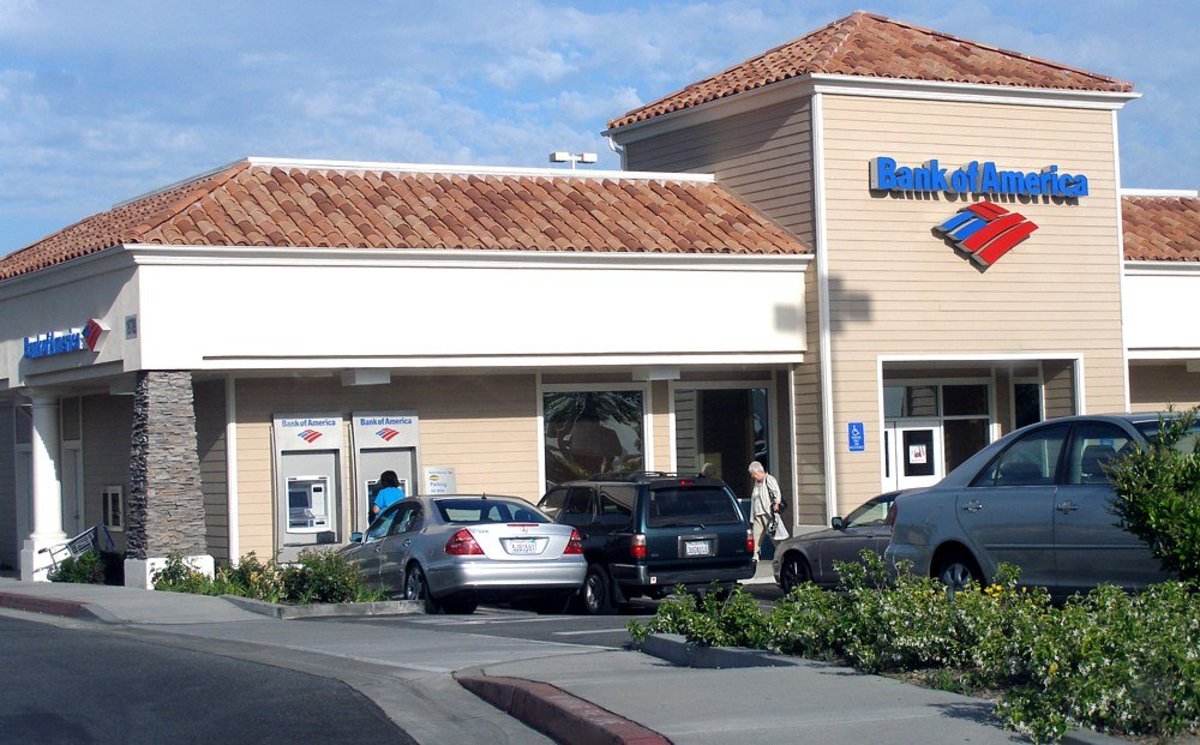
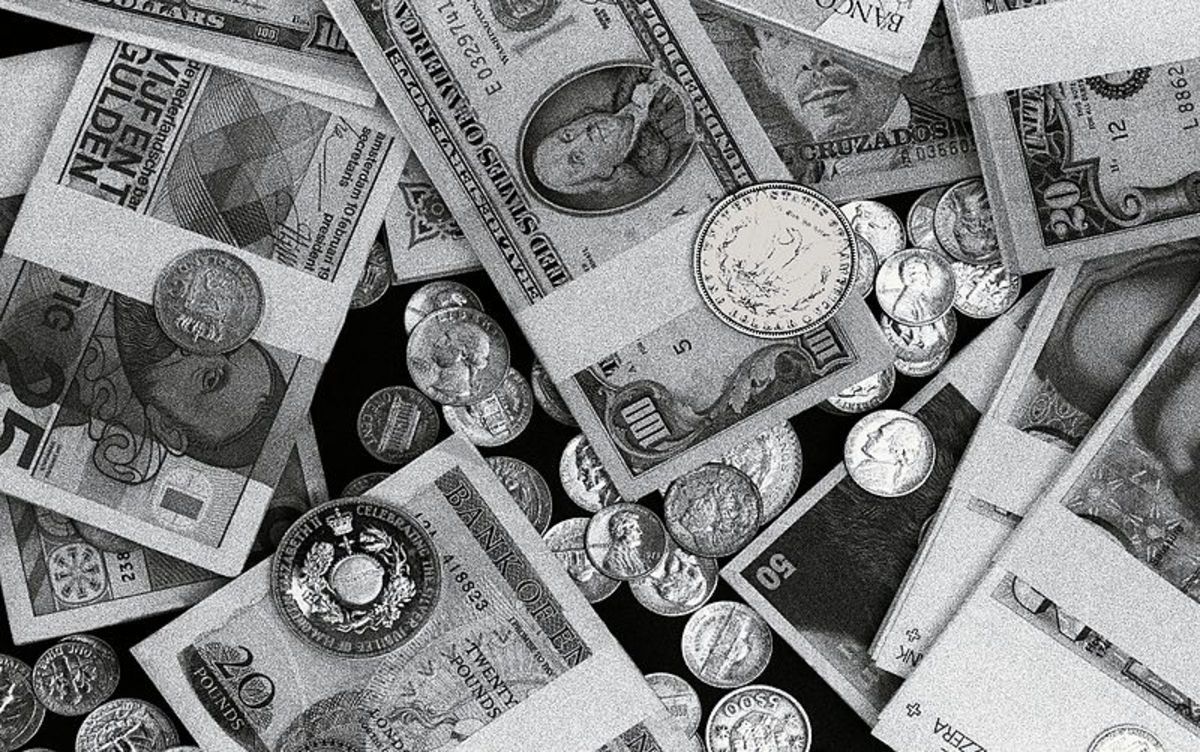
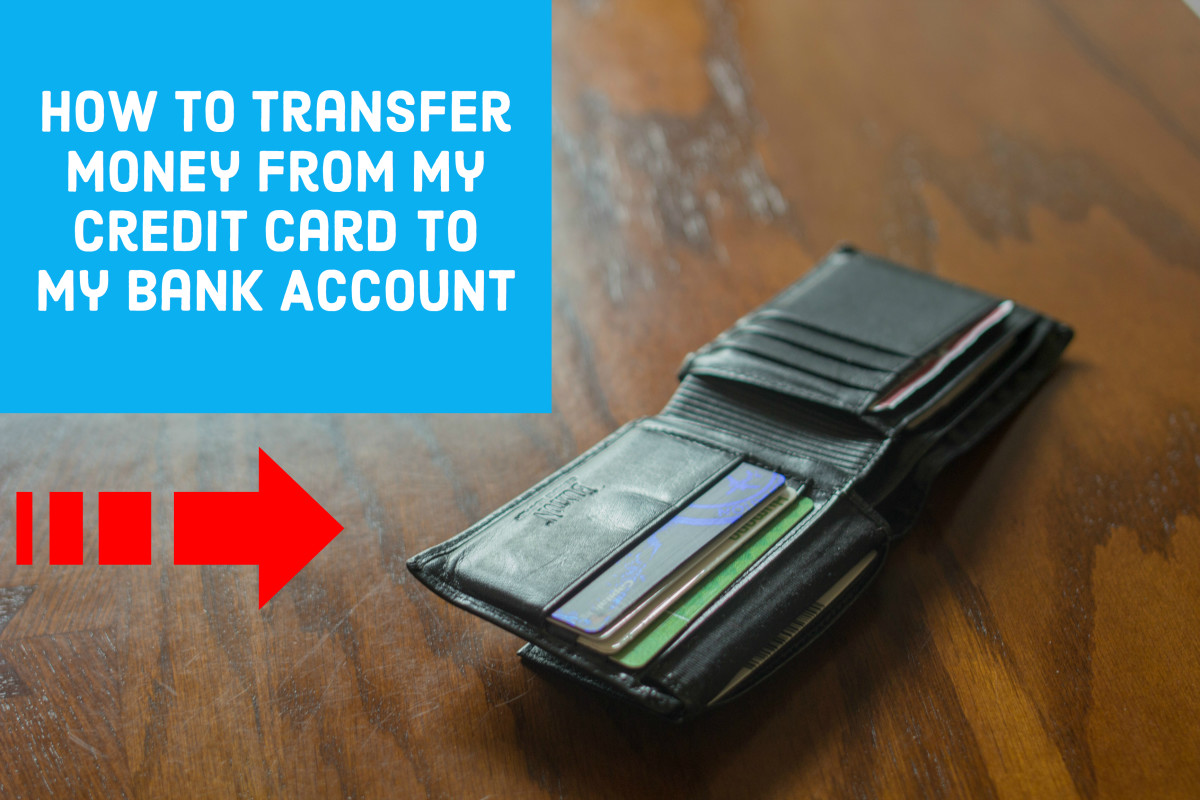

![These Companies Will Send You Free Stickers [#05] These Companies Will Send You Free Stickers [#05]](https://images.saymedia-content.com/.image/t_share/MTczODA2NTA0NDkzOTgzMzcx/stickers-free.png)
